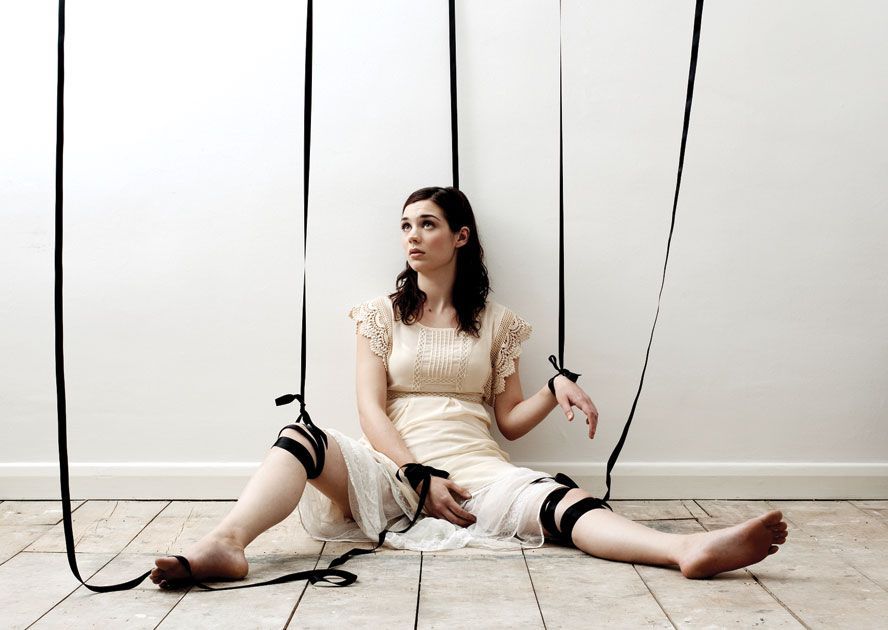It’s important in life that we have someone that we can trust. If you’re finding that you trust your co-worker or friend more than you trust you’re partner, you need to re-think the reason behind that, and whether you’re happy being in a relationship where trust is not a core component.
Many things can cause a lack (or loss) of trust in your partner. It could be associated with a betrayal and cheating, other problematic behaviours, or perhaps frequent lying is present. It could also be that mental health issues, low self esteem, anxiety, trauma, childhood attachment issues or differing values are behind a lack of trust. Whatever the cause, it can result in a relationship that feels void of any closeness. It is possible to rebuild trust, but you both need to be committed to doing that, and being in the relationship going forward.
















